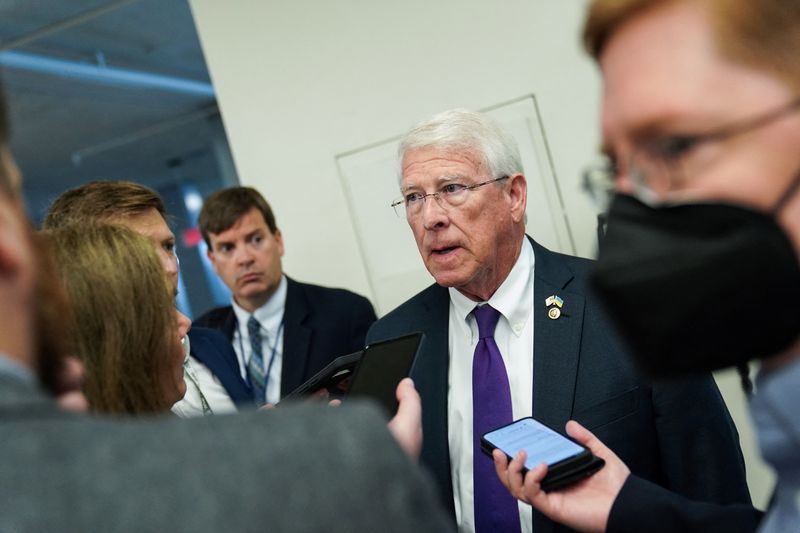If you’ve recently noticed a gasoline odor lingering in your car, you’re not alone. Many drivers experience this unsettling smell at some point. While it’s tempting to dismiss it, a gas smell could signal underlying issues with your car’s fuel system or other components. Recognizing these signs early can save you from costly repairs and ensure your safety on the road.
This article will uncover the most common causes of a gas smell in your car. From fuel leaks to ventilation system concerns, we’ll explain potential sources of the problem and what steps you should take to resolve it.
Why Does My Car Smell Like Gas?
Gasoline odors inside your car often indicate a problem within the fuel system. This system consists of various components—fuel tank, fuel injectors, fuel lines, and more—that work together to store and deliver fuel to your engine. Even minor disruptions in this system can lead to gas fumes escaping.
Common Causes of Gas Smell
Below are the main reasons your car might smell like gas, along with the systems involved.
1. Loose Gas Cap
One of the simplest and most common reasons for a gas smell is a loose or damaged gas cap. A gas cap seals your fuel tank to prevent vapors from escaping. If the cap is not properly secured or the seal is damaged, fumes can leak out.
What to Do
- Ensure your gas cap is tight after refueling.
- Inspect the seal for cracks or wear.
- If needed, replace your gas cap—it’s an inexpensive fix.
2. Fuel Leak
A fuel leak can occur in various parts of the fuel system, such as the fuel lines, tank, or injectors. Leaks not only create a gas odor but also pose a significant safety hazard as they increase the risk of fire.
Signs of a Fuel Leak
- Puddles of fuel under your car.
- Decreased fuel efficiency.
- Persistent smell of gasoline, even when the car is off.
What to Do
- If you suspect a fuel leak, consult a trusted mechanic immediately.
- Never ignore warning signs or delay repairs.
3. Issues with the Evaporative Emissions System
The evaporative emissions (EVAP) system captures and stores gas fumes from your fuel tank, preventing them from escaping into the environment. A malfunction in this system, such as a faulty purge valve or charcoal canister, can lead to a noticeable gas smell.
What to Do
- Have your EVAP system inspected by a professional.
- If your check-engine light is on, it could indicate an EVAP system issue.
4. Faulty Fuel Pressure Regulator
A faulty fuel pressure regulator can cause a rich fuel mixture—when too much fuel enters the engine’s combustion process. This excess fuel can result in the smell of gas from your exhaust.
Signs of a Faulty Regulator
- Poor fuel economy.
- Engine running rough or misfiring.
- Black smoke from the exhaust pipe.
What to Do
- Seek professional diagnostics and repairs to address this issue.
5. Ventilation System Concerns
If gas fumes are trapped in your car’s ventilation system, you may smell them while driving. This could happen due to a clogged cabin air filter or an external source like a nearby fuel spill entering through the vents.
What to Do
- Replace your cabin air filter regularly.
- Ensure your car is well-ventilated when refueling.
Are Gasoline Smells Always a Safety Concern?
Yes, they are. A gasoline smell often points to fuel system malfunctions, which can be dangerous if ignored. Fuel leaks, in particular, increase the risk of fire and can harm the environment. Being proactive helps protect you, your passengers, and your car.
Troubleshooting the Gasoline Smell
Here are some steps you can take when you notice the gas smell in your car.
Step 1. Inspect the Gas Cap
Start with the easiest solution. Check your gas cap to see if it’s damaged or improperly tightened.
Step 2. Check for Visible Leaks
Inspect underneath your car for puddles or drips that could indicate a fuel leak.
Step 3. Pay Attention to Warning Signs
If your engine light comes on, it may be trying to alert you to a fuel or emissions-related issue.
Step 4. Get Professional Help
If you can’t identify the problem yourself, take your car to a trusted mechanic. They’ll perform a thorough inspection to pinpoint the issue.
How to Prevent Gasoline Smells in Your Car
- Regular Maintenance
Schedule routine checkups with a certified mechanic to catch potential fuel system issues early.
- Replace Parts as Needed
Components like gas caps and air filters wear out over time, so replace them at recommended intervals.
- Refuel Responsibly
Avoid overfilling your gas tank, as excess fuel can spill and create fumes.
Drive with Peace of Mind
A gasoline odor in your car shouldn’t be ignored—it’s your vehicle’s way of signaling something needs attention. From simple fixes like securing a gas cap to addressing more complex fuel leaks, taking action promptly ensures your safety and keeps your vehicle in top condition.
By understanding your car’s fuel and ventilation systems, you can make informed decisions and avoid serious complications. If you’re noticing symptoms like a persistent gas smell, decreased fuel efficiency, or an illuminated check-engine light, don’t hesitate to consult a professional.





